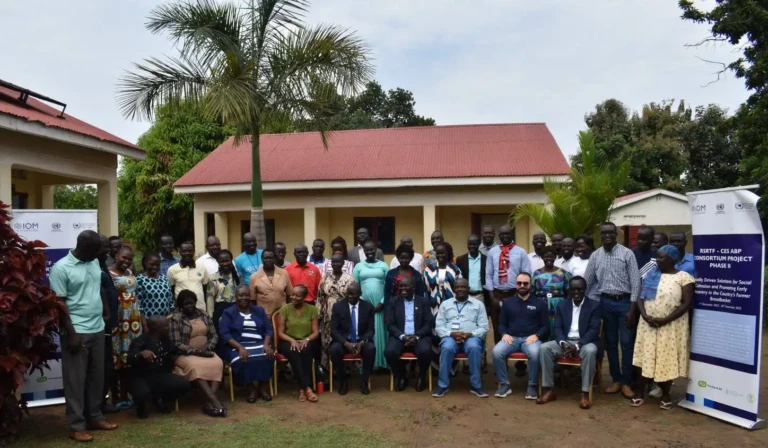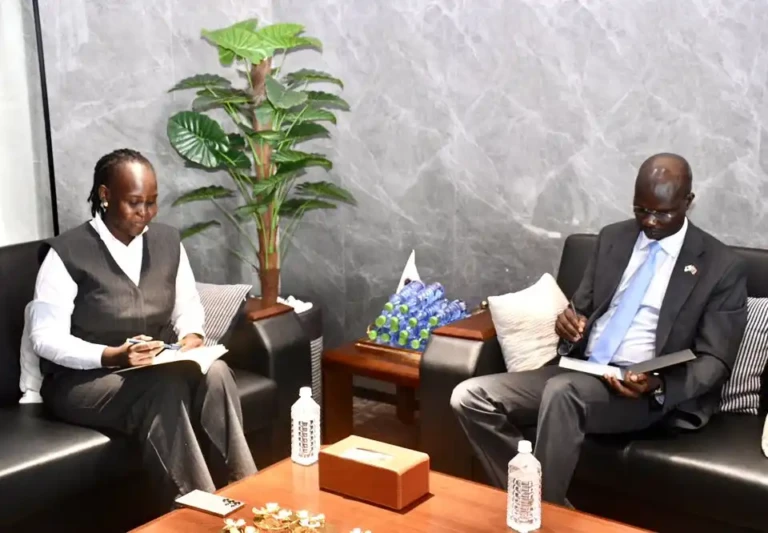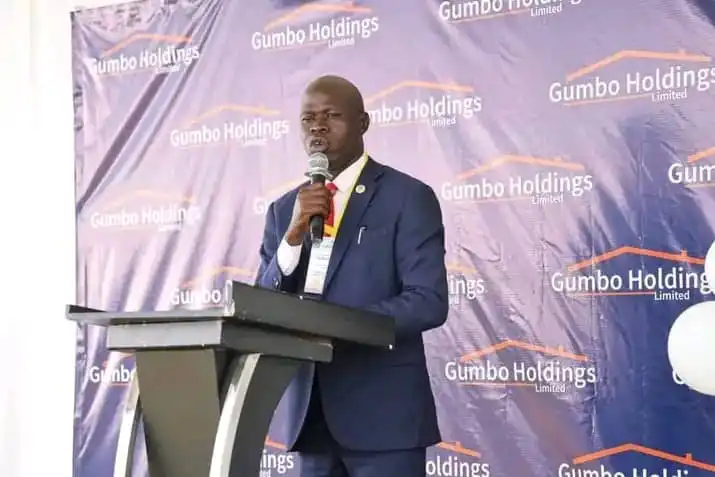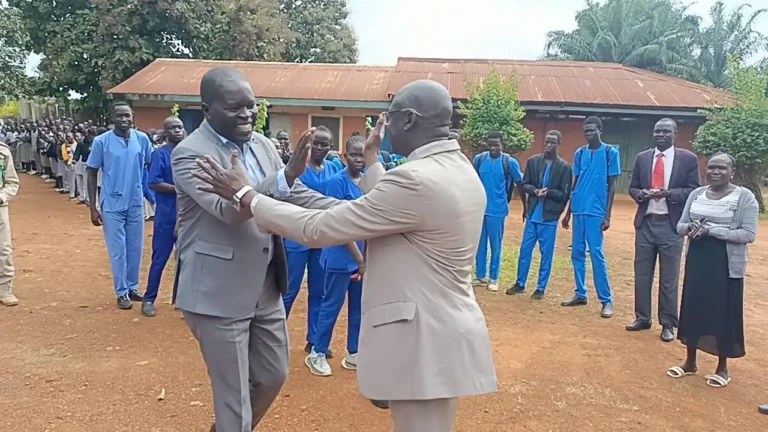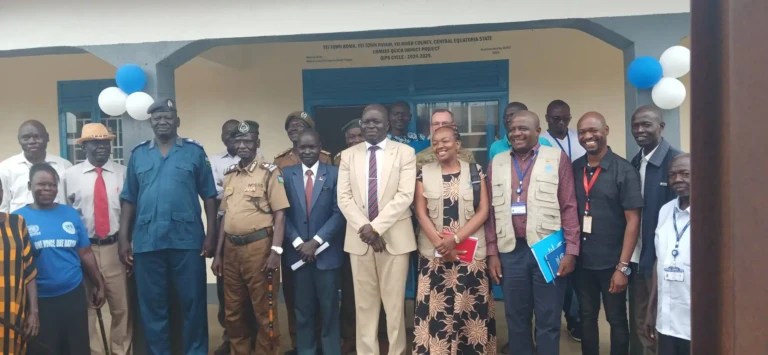
(JUBA) – Members of South Sudan’s parliament are set to resume their legislative duties next week following a six month recess that was largely blamed on unpaid allowances. The sitting is scheduled for Wednesday, 16 July 2025.
The prolonged break comes at a time when South Sudan is grappling with multiple governance and economic challenges. Lawmakers return amid increasing public concern over the long absence of legislative action, with no clear plan presented for the 2025/26 national budget. The Council of Ministers, which is responsible for cabinet decisions, has also not convened in months.
Among the critical tasks awaiting lawmakers are the approval of the national budget, amendment of the election act and consideration of other essential laws. These are necessary as the country prepares for general elections planned for December 2026.
Unlike other member states in the East African Community (EAC) including Kenya, Uganda, Rwanda, Burundi and Tanzania which have already passed their 2025/26 financial year budgets, South Sudan continues to operate under the previous year’s fiscal framework. This delay has raised questions about the government’s ability to manage the economy effectively in the lead up to the elections.
Parliament’s return was confirmed by its official spokesperson, Oliver Mori Benjamin, in a statement broadcast on South Sudan Broadcasting Corporation (SSBC) on Friday. He announced that both the Transitional National Legislative Assembly (TNLA) and the Council of States would reopen on Wednesday.
“We are informing you today that the long-awaited reopening of the national legislature, the Transitional National Legislative Assembly and the Council of States, is scheduled for next Wednesday, July 16,” said Mori.
He directed all Members of Parliament to report by 9 a.m. for sittings to begin promptly at 10 a.m.
Parliament was initially adjourned on 18 December 2024 for a planned four month recess. However, MPs failed to reconvene as scheduled in April 2025. Several lawmakers cited the government’s failure to pay their allowances as the reason for the extended break.
It remains unclear whether MPs have now received their pending payments. The government has faced worsening financial difficulties in recent months, with reports that civil servants and members of the armed forces have gone unpaid for long periods.
One of the contributing factors to the economic challenges is the ongoing conflict in neighbouring Sudan, now in its second year. The fighting has severely disrupted South Sudan’s oil exports, which rely on pipelines running through Port Sudan. Oil is the country’s main source of revenue and any interruptions have a direct impact on the national budget and the availability of foreign exchange.
The South Sudanese Pound (SSP) continues to lose value against the US Dollar. The depreciation of the SSP has also pushed inflation higher, affecting the cost of basic goods and services across the country.
With parliament now expected to resume, attention will shift to whether lawmakers can move swiftly to pass the delayed national budget and make progress on key legal and electoral reforms.
Civil society groups have urged legislators to prioritise the public interest and restore confidence in the country’s democratic transition.
Discover more from Access Radio Yei News
Subscribe to get the latest posts sent to your email.

